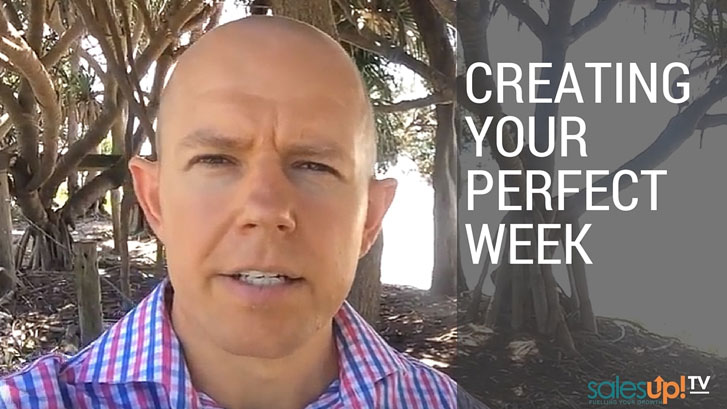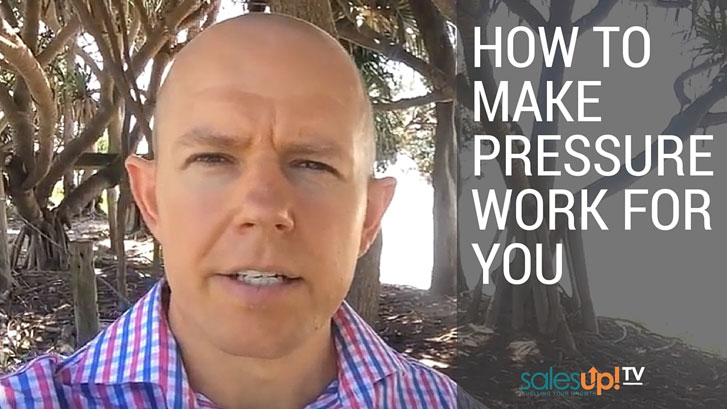A culture of accountability has many advantages. Among them are:
- an increase in team performance (obviously)
- high morale (because people are growing and getting shit done)
- lower stress for you the leader (because you’re dealing with things proactively) ; and
- business results (when a team is thriving and executing, result have to happen – it can’t be any other way)
If that sounds attractive (and it should), then the question to ask yourself is “how effective am I at building a culture of accountability?” You’ll be among good company if your answer is lower than you’d like it. It’s a common trap—so let’s not stay there. Let’s take it up a notch (or 10). And here’s how you can do it.
First, the truth
You can’t hold someone accountable.
Sure, you could use all to go to tactics we see some parents using – yelling, guilt and shame (I don’t recommend any of those – in your business or with your kids) but would you rather that YOU have to change someone’s behaviour or would you rather THEY do it? Your true goal as a leader is to help people grow their sense of internal accountability. Your role is to help them either want to get it done or to develop the skills to get it done.
If a person has clarity on the need, the drive to do it and the skills and the resources to do it, they will act. The part of leadership that encompasses accountability is being able to identify and shift where a person has a block. It is usually one of those three elements that are lacking.
With that principle understood, let’s look at the tactics.
Step 1 – The Relationship
For communication to be effective, a relationship needs to be healthy. We listen most closely and openly to those we respect and those whom we feel respect and care for us. Knowing this truth, it is critical that your relationships with your team have a healthy foundation of mutual respect and care. So your first step in helping someone develop their accountability is to check with your own internal view of that person. Second, check in with your view of yourself – self-respect is critical.
Where respect and care are lacking, communication will have an edge, and the intent behind the act will flavour the communication in an unhelpful way, whether you mean to or not.
Step 2 – Clear expectations
To be accountable for something, you first need to know what you are to be accountable for. It sounds obvious, but over and over again we’ve seen lack of clarity between the leader’s expectations and that of the team. Put things in writing. Test your communication by having the person repeat back to you the communication they have received.
When it comes to clarity of roles in the business, we are big believers in position contracts that outline 3-7 key outcomes a person is accountable for. These are defined by criteria for success, so everyone is crystal clear on what the expectations are.
Step 3 – Framework for the conversations
We use a FeedForward system that is a document allowing two parties to have a candid and objective discussion.
The intent behind the discussion is how to help a person move forward vs. pointing out where they are doing badly. The conversation is driven by the team member, not the leader. The leader acts more as a facilitator to help the person discover opportunities for themselves in the three areas we previously identified (clarity on expectations, motivation, skills & resources).
When these conversations happen proactively (before there is a problem), the feeling behind the interaction is way different than when it is too late.
Now, if you have a situation that is already too late—no problem. Still get started immediately, but you’ll need to take complete responsibility for your lack of action to date. Before you can express your dissatisfaction with their performance or behaviour, you may need to own up to not being clear about expectations or giving more guidance before now. Always point the finger at yourself before pointing it at others.
There is a very good chance that if you feel there is a problem, the other person knows it too, or they are just plain unhappy at work. Either way, there is a good reason to get the issues on the table and sort it out. You both stand to benefit.
Ideally, you don’t want to let it get to that stage. Be the leader you know you are. Be assertive and give your team the gift of accountability. With a strong sense of internal accountability, everyone’s lives become better, and that will make your business better.
When your people grow, so does your business— sometimes exponentially.
Good luck and I’d love to hear about your experiences.
Cheers
Jamie








